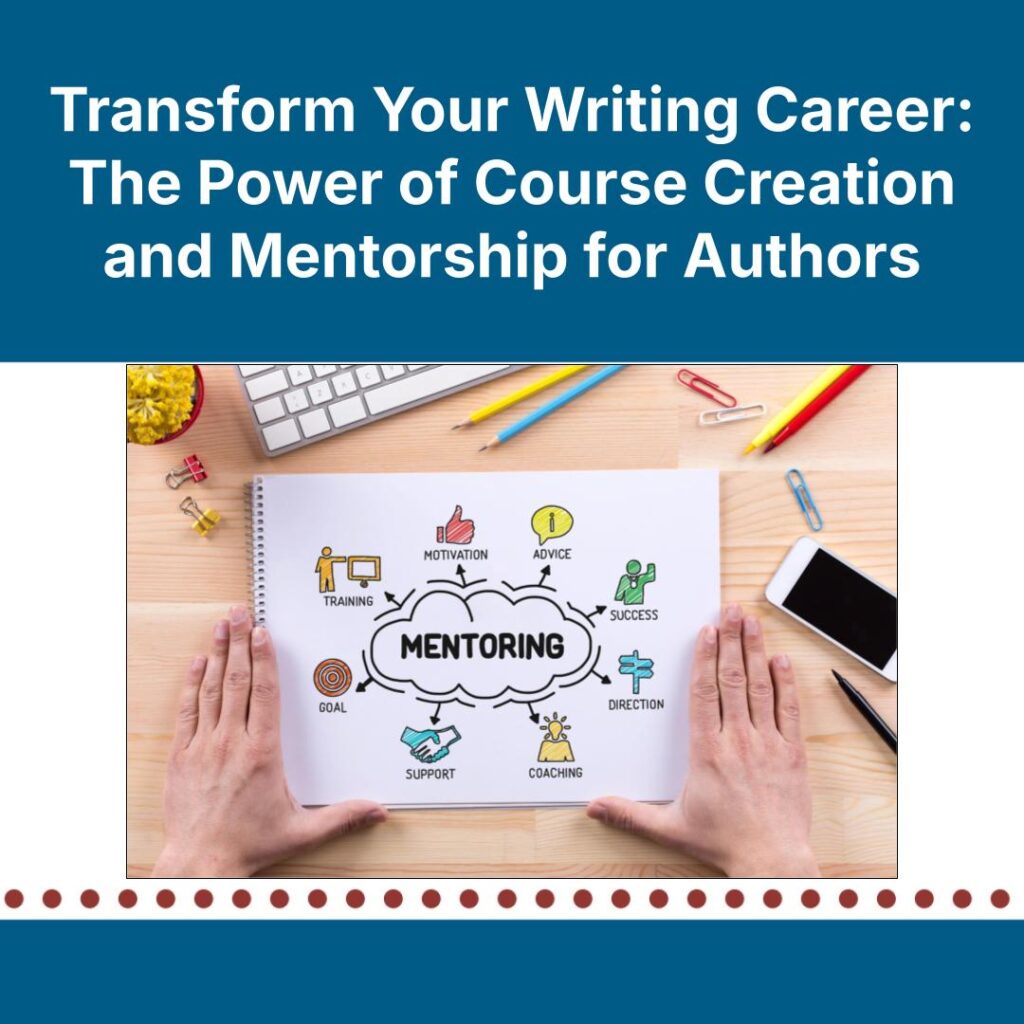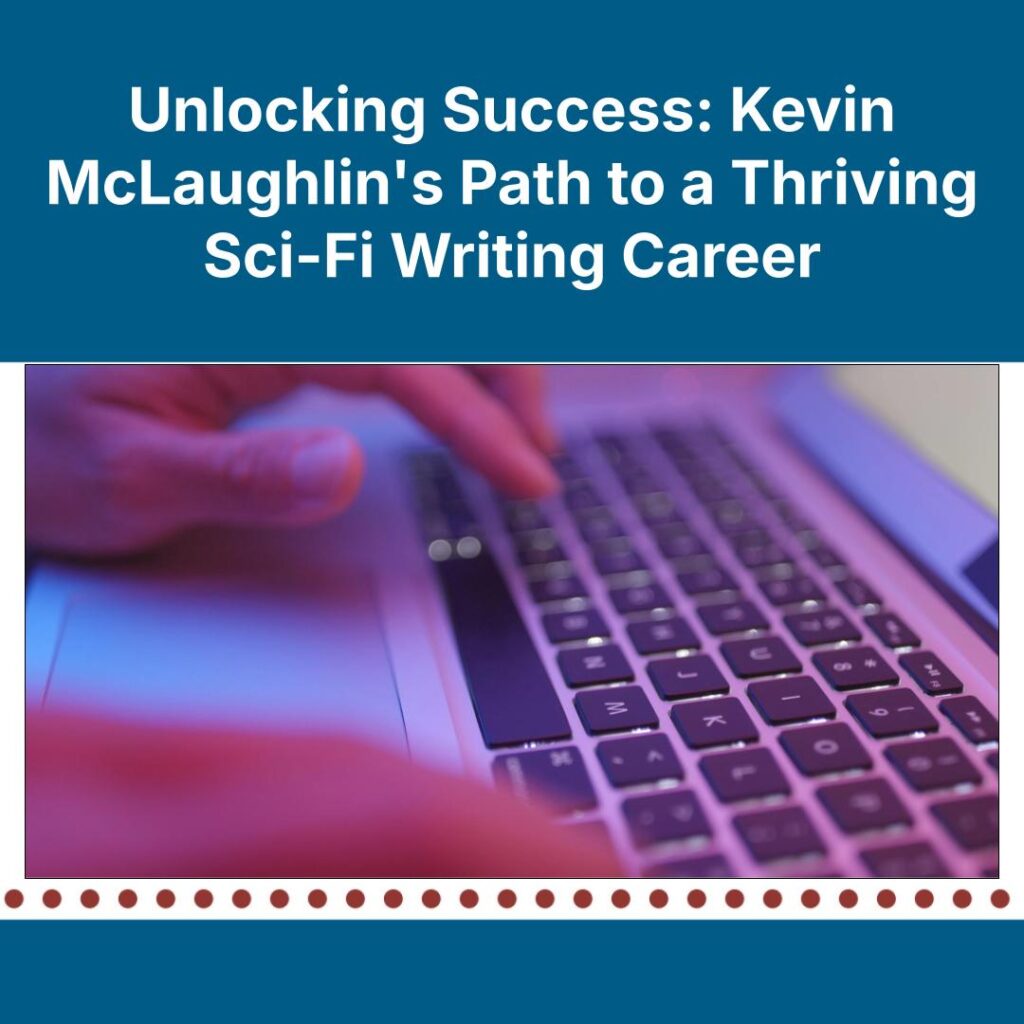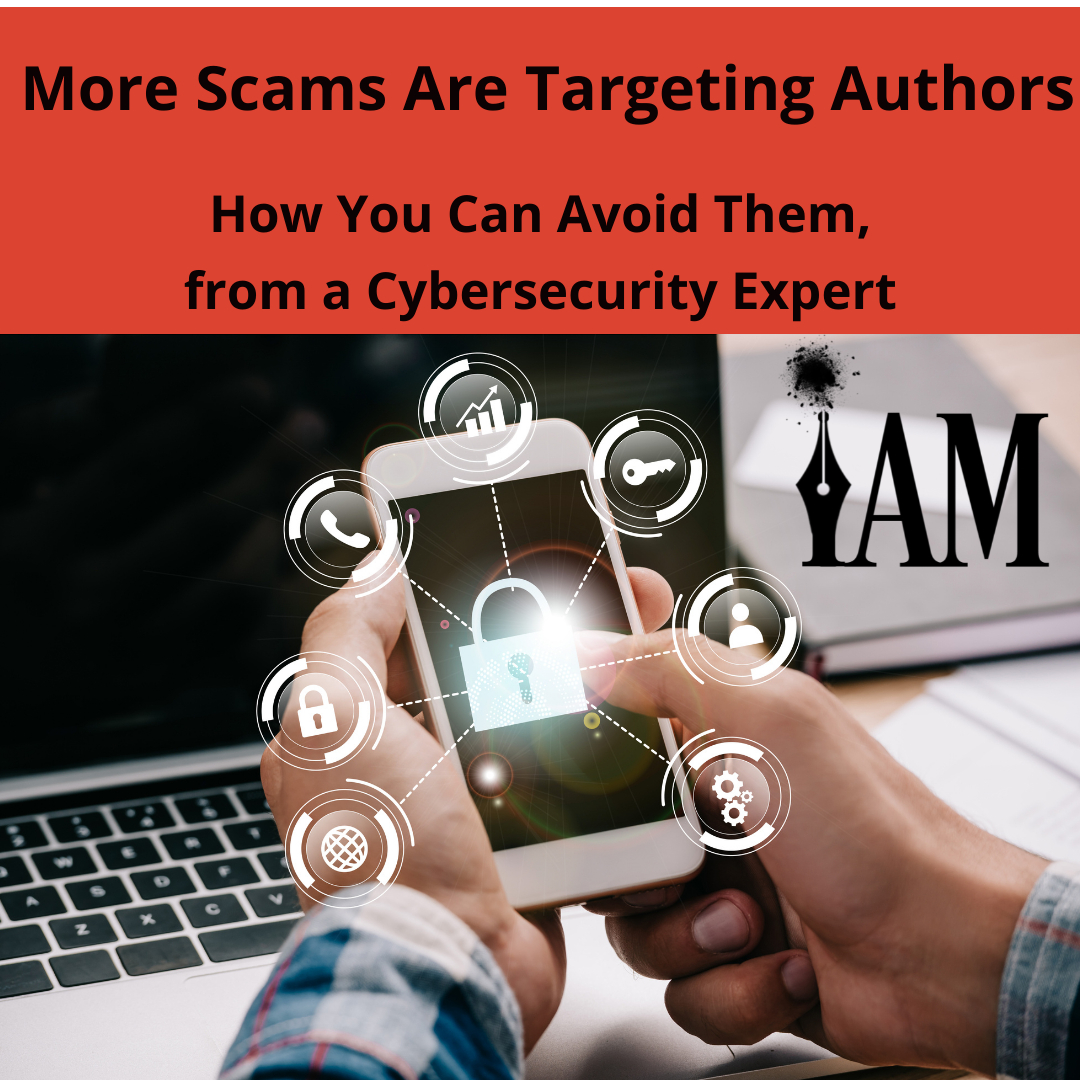Self-publishing platforms changed the face of the publishing industry in the early 2000s. Since their solidification, independent authors have taken advantage of their global reach to strengthen the indie author ecosystem.
The intrusion on traditional publishing’s market dominance was identified as the democratization of publishing according to The Center for Media Engagement at The University of Texas at Austin. Authors working outside of publishing houses, whether at the beginning of their journey or with solid readership, have historically relied on larger platforms, such as Amazon’s Kindle Direct Publishing, IngramSpark, Draft2Digital, and Kickstarter, to reach their fanbase.
Jane Friedman, consultant and author, experienced this transformational period firsthand while working at The Virginia Quarterly Review. As the digital editor, she led the literary magazine in the development of digital subscriptions.
Friedman says the development of online retail and social media left traditional publishing grappling with the evolving consumer interface.
“It was clear that platforms, like at the time, Twitter or Facebook were very powerful in changing how people communicated and spread the word about anything, but obviously about books,” Friedman says.
In the early years, an author’s book might appear to a consumer if the right positive signals were used. As long as the correlating publishing date and relevance were keyed, algorithmic discoverability was a boon.
But since the big debut, the relationship between authors, consumers, and retailers has undergone major adjustments. The situation has degraded, Friedman says. “We’re all now quite upset by how these companies, by making a minor tweak to these algorithms, can greatly dampen visibility,” Friedman says. “They can make it that you have to advertise, or somehow do something more artificial, that has nothing to do with the quality of the book in order for you to be seen appropriately.”
Rising Frustration Everywhere
Tension between consumers and large third-party platforms isn't unique to the publishing world.
On February 18, The People’s Union USA founder John Schwarz asked Instagram users to boycott Amazon from March 7 to March 14. This movement follows two years of intensive boycotts against popular brands like Starbucks and Target for their refusal to divest from Israel, union busting, and the decision to end Diversity, Inclusion, and Equity programs.
The call for action ignited debate in the author world. On Author Jason Dorough’s TikTok, he claimed boycotting Kindle Unlimited hurt independent authors. His comment section was flooded with supporters. First time self-publishers often find themselves directed to the popular publishing platform Kindle Direct Publishing (KDP), drawn in by advertisements that boast a “free and simple” platform that will help indie authors “earn more.”
Authors are encouraged to join Kindle Select, a KDP program that enrolls select ebooks in Kindle Unlimited. In exchange for greater royalties, authors are required to grant Amazon exclusive rights to sell their ebooks for 90-days.
“That’s a very particular game that authors can choose to play, it's never been the game that I recommend people play,” Friedman says. “I’m not saying it’s not important, but putting your focus on something you can’t control, to me, it’s a recipe for frustration.”
In response to the outpour of content creators calling for consumers to continue using Kindle Unlimited, however, other authors like Petra Palerno and Lauren Sefchik advocated in favor of the boycott. In their respective videos, Palerno and Sefchik encouraged viewers to explore smaller, independent platforms to connect with their favorite indie authors.
Entertaining large platforms often leads to self-publishing burnout, Friedman says. She recommends authors avoid it by connecting directly to readers.
“When you talk about community building, platform building, it’s the other side of the coin here,” Friedman says. “They go hand in hand, it’s about developing a relationship with the reader that doesn’t depend on algorithmic functions.”
A Reader First Mindset
Romance Author Ines Johnson rarely finds herself frustrated with third-party platforms. Johnson, who began self-publishing in 2014 and transitioned to full-time authorship in 2018, disagrees that indie authors are reliant on large platforms.
She acknowledges that beginning indie authors often turn to businesses with greater reach to kickstart their sales, but the forward-thinking behavior of the self-publishing community negates any perceived dependence.
“Let’s talk about the 14 hour TikTok disappearance,” Johnson says. “TikTok made it easier for us to find each other, absolutely. Facebook made it easier, Instagram made it easier, Goodreads made it easier, but if you take the platform away, we’ll just go someplace else.”
In late April 2024, the United States Senate passed legislation requiring TikTok’s parent company, ByteDance, to divest from the social media platform or face a ban. In anticipation of the TikTok ban, BookTok viewers were directed to other social media outlets where they could continue interacting with their favorite content creators.
In the month leading up to the ban, media centering BookTok themed solemn goodbyes, panicked creators, and passionate advocates. The app received a 75-day reprieve when Donald Trump returned to office.
“There was a time when Facebook wasn’t there, TikTok wasn’t there, Instagram wasn’t there. We still had community,” Johnson says. “We’ll move and shift, but the community is not going away.”
Emphasizing her position as a consumer and independent author, Johnson believes boycotts have little effect on the indie author world. As entrepreneurs, she says, independent authors make themselves accessible to readership through a myriad of stores and websites.
“Platforms can disappear, platforms can play tricky games, or games that are not fair,” Johnson says. “So I’m constantly thinking, ‘how can I spread my wealth out and make sure I am building on my land.’”
Johnson explains that her first priority is customer outreach. For BIPOC readers unable to access independent bookstores, she continues to feature her books in chain stores and with online retailers.
“That's the most important thing to me,” Johnson says. “If I need to step on Jeff Bezos' head in order to get my book into that person's hand, it's that person that I'm thinking about.”
Johnson’s direct store offers exclusives to sweeten the initial deal. Sign up for her newsletter? Receive three free books. Exploring her Kindle Unlimited page? Instead, buy a book box including an extra surprise courtesy of the author.
“I have made the decision that I am still going to be here,” Johnson says. “I have my feet planted firmly on the ground because I feel I have a deep understanding of my industry, my customer, and the platforms.”
The Tried and True Methods of Sustainability
According to author and podcast host, Joanna Penn, choosing to build and nurture an email list is the best solution to becoming overly-reliant on platforms.
In an email, she wrote that discoverability and scale remain key to the reader ecosystem, indie authors would struggle to run creative businesses without the global reach of retailers.
“Fortunately, direct-to-reader options are increasingly accessible,” Penn writes. “Many indie authors have been using them for years to supplement sales or even as primary income.”
Indie authors have been practicing methods of sustainability for a long time. Penn and Friedman highlight the growing list of tools facilitating the exchange.
“It means having them [readers] on your email list, or being able to reach them in ways that aren't dependent, reliant, whatever, on these big companies,” Friedman says. “It’s been happening that way for a long time. Especially when you see in the last couple years, the growing desirability of selling direct, doing Kickstarters, these other things that try to disintermediate big tech companies.”
A practitioner of direct sales, Johnson employs a newsletter, personal reader group, YouTube, FaceBook, Instagram, and TikTok to develop authentic relationships with her readers and fellow authors.
Penn calls attention to direct-to-reader options Shopify and Payhip, subscription service Patreon, and performing in-person events as methods of stability and an opportunity to connect with readers.
In line with Friedman and Johnson, her advice for independent author longevity remains tried and true.
“By growing a list of readers who want to hear from you directly, and who care about your work,” Penn writes, “you can weather changes—whether it’s a sudden algorithm shift, rising tariffs, or even potential platform ban—and continue to reach people who love your books.”









